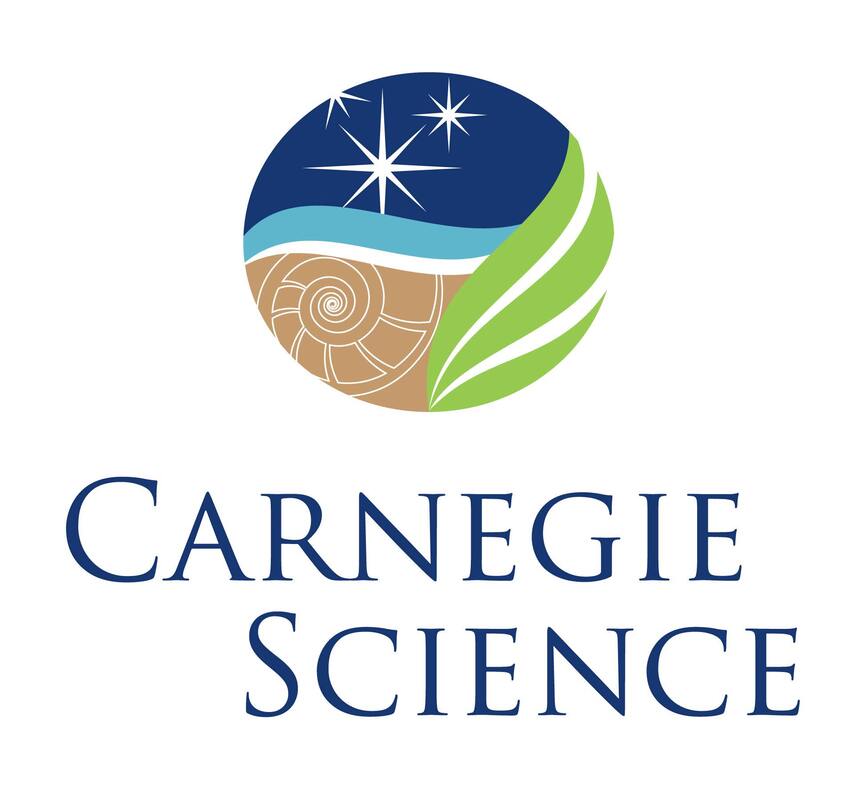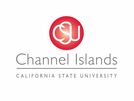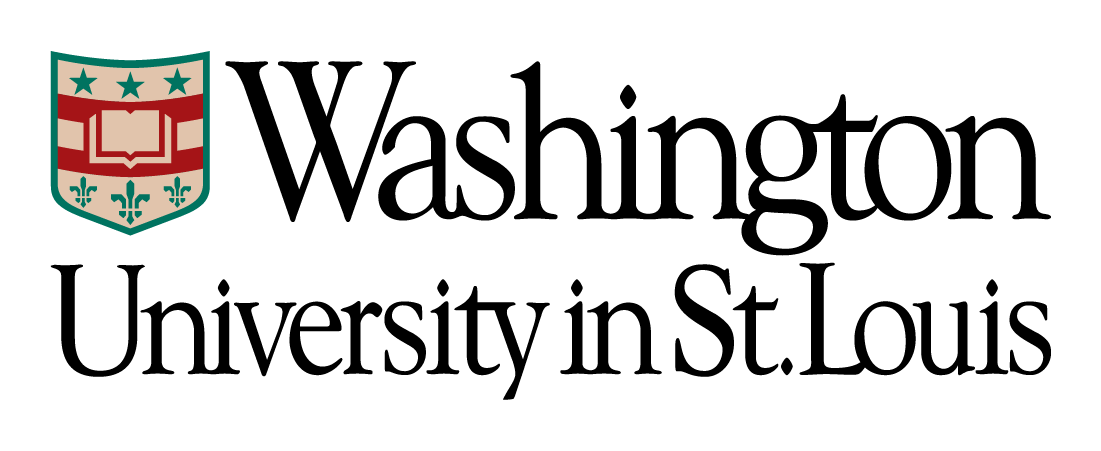|
Two WALII researchers, Alejandra Arroyo (undergraduate student) and Sheila Ferer (research assistant) from the Tapia Lab at CSUCI, recently presented their work at The Allied Genetics Conference (TAGC) 2024 in Washington D.C.
Alejandra’s talk, “Drying Without Dying: Small Metabolites Counteract Proteotoxicity During Desiccation,” was a presentation on how trehalose can help organisms survive desiccation and the role trehalose may play in mitigating desiccation induced protein aggregation. Sheila presented a new method for studying how yeast cells modulate protein expression levels and localization throughout dehydration and rehydration in her talk called “Global proteome rewiring in times of desiccation and rehydration.” Sheila also discussed her plans for utilizing automated-microscopy and custom machine-learning algorithms in high-throughput experiments the Tapia lab plans to conduct to further characterize proteins/proteins families that change localization under desiccation conditions. In addition to their presentations at TAGC, Alejandra and Sheila were recently featured in a CSUCI News Release.
0 Comments
Two graduate students from WALII labs, Kara Hunter (Sukenik Lab – UC Merced) and Jeff Lotthammer (Holehouse Lab – Washington University in St. Louis) have been awarded Student Research Achievement Awards (SRAA) for their poster presentations at the 2024 Biophysical Society meeting.
Beyond advancing our understanding of IDP functionality, their research may uncover novel targets and mechanisms to bolster desiccation resilience in yeast and other organisms.
ALBATROSS enables the instantaneous prediction of ensemble average properties at proteome-wide scale. ALBATROSS is lightweight, easy-to-use, and accessible as both a locally installable software package and a point-and-click style interface in the cloud. Jeff and his collaborators recently published a paper about ALBATROSS in Nature Methods.
EC members monitor the progress of research, training, and outreach programs and advise the Director on key decisions or any necessary adjustments. John will be responsible for voicing the needs of the trainees during WALII Executive Committee meetings to ensure that trainee needs are being met in 2024. You can learn more about WALII’s organizational structure here.
Marks expressed that she was fortunate to have been in the lab of Bob VanBuren, who, she says, “let me make mistakes,” and “take risks,” in the research and projects in which she participated.
The opportunities afforded to her via the VanBuren Lab’s participation in the Water and Life Interface Institute (WALII) gave Marks ample training in bioinformatics and genomics—experience which allowed her and fellow researchers to, “pioneer methods for bringing genomics to remote field locations,” she says. Rose has ambitious plans for the future of her lab. She’d like to, “build a global network of collaborators from the [global] South and North to study organisms that have been overlooked by modern science and agriculture,” with the ultimate goal of, “developing more resilient & sustainable agricultural and natural systems.” At this juncture, she’s particularly thankful for the robust support she’s received from her network: training and networking provided by WALII, travel funding provided by MSU’s Plant Resilience Institute (PRI), and the mentorship she’s received from her postdoctoral advisors. Rose is vocal about how these opportunities allowed her to conduct groundbreaking research and contribute new knowledge to her community. She’s committed to fostering these opportunities for others in the Marks Lab, through her new teaching and research opportunities in Illinois. The first-ever WALII seed grants have been awarded to Sheila Ferer and John F. Ramirez to pursue integrative and collaborative research that further explores the relationship between water and life.
The seed grant is an annual award of $5,000 available to WALII personnel who submit proposals for innovative research involving at least two WALII-affiliated labs. Training and Education at WALII happens at all career stages, from undergraduates to faculty, with exposure to new tools, approaches, and biological systems. Learn about joining a WALII lab here.
|
Archives
April 2024
Categories |

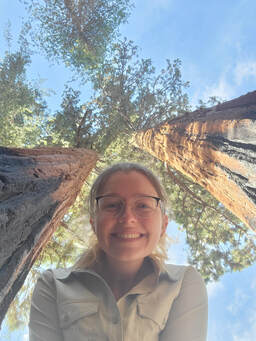
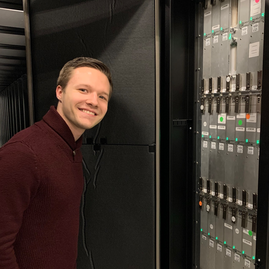
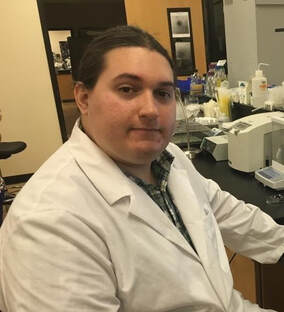
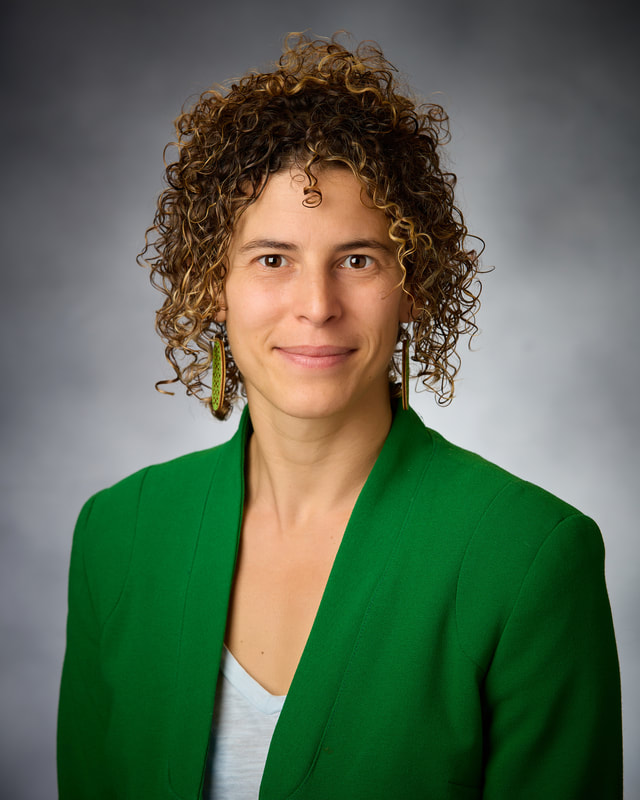
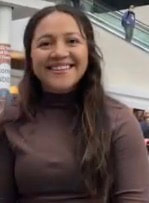
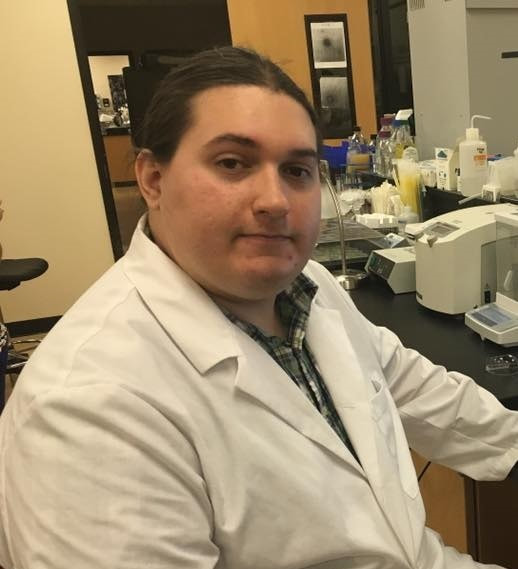
 RSS Feed
RSS Feed


